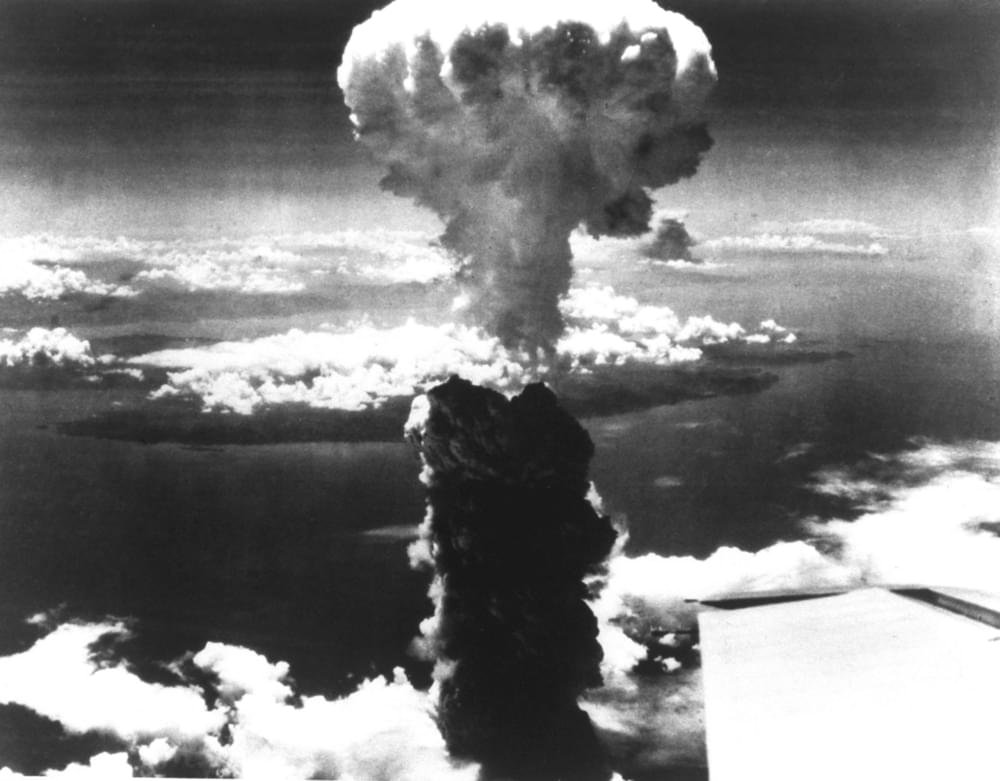Observed every year on August 6th, Hiroshima Day marks a dark yet transformative moment in human history—the atomic bombing of Hiroshima in 1945. In 2025, the world pauses to reflect on 80 years since that tragic event, remembering the lives lost, honoring the survivors, and reaffirming a collective commitment to peace.

Why August 6th Matters: The Significance of Hiroshima Day
Hiroshima Day is more than a historical date—it’s a living moral lesson for the world. Here’s why this day remains relevant:
🌸 A Day of Remembrance
On August 6, 1945, the U.S. dropped the first atomic bomb, codenamed “Little Boy,” on Hiroshima, instantly killing over 70,000 people. Tens of thousands more died from injuries and radiation exposure in the months and years that followed.
📚 A Day of Education
The event is taught globally as a grim turning point in warfare. It encourages critical thinking about the ethical limits of science, the responsibilities of governments, and the value of human life.
🌏 A Day of Hope
Today, Hiroshima stands as a Peace City. The Hiroshima Peace Memorial Park, Atomic Bomb Dome, and Peace Museum welcome millions of visitors every year—serving as enduring symbols of peace, education, and advocacy.
Quotes to Reflect on Hiroshima Day 2025
🕊️ Quotes from Leaders, Thinkers, and Survivors
“Since Auschwitz we know what man is capable of. And since Hiroshima we know what is at stake.”
— Viktor E. Frankl
“We must have the courage to escape the logic of fear, and pursue a world without them.”
— Barack Obama
“The world will not be destroyed by those who do evil, but by those who watch them without doing anything.”
— Albert Einstein
“Even in the worst of devastation, seeds of peace can be sown.”
— Survivor testimony, Hiroshima Peace Memorial Museum
Messages of Remembrance and Peace
“On this Hiroshima Day, we remember the victims and honor the resilience of the survivors. May their voices guide us toward a future of peace.”
“No more Hiroshimas. No more Nagasakis. Let us build a world where war is never an option.”
“Eighty years on, Hiroshima reminds us that the power to destroy should never outweigh the responsibility to protect.”
The Unfathomable Impact of the Hiroshima Bombing
☢️ Immediate Effects: The Horror of ‘Little Boy’
Explosion height: 2,000 feet above the ground
Blast radius: 1.3 kilometers incinerated instantly
Ground temperature: Estimated to reach over 4,000°C
Casualties: 70,000–80,000 dead on day one; over 140,000 by end of 1945
Key Takeaways
- Hiroshima Day 2025 marks the 80th anniversary of the bombing, a milestone of global reflection.
- The theme “Collective Responsibility and Reconciliation” emphasizes the need for unity in eliminating nuclear arms.
- Hiroshima’s destruction is a universal cautionary tale, while its rebuilding is a symbol of hope and peace.
☣️ Long-Term Consequences
Radiation sickness: Sufferers experienced nausea, bleeding, hair loss, and more.
Higher cancer rates: Particularly leukemia and thyroid cancer among survivors.
Psychological trauma: PTSD and societal stigma plagued survivors for decades.
Environmental fallout: “Black rain” contaminated water, soil, and food supplies.
Hibakusha: The Silent Voices of History
The term hibakusha refers to the survivors of the atomic bombings in Hiroshima and Nagasaki. These individuals have endured long-term physical and emotional suffering and have become vocal advocates for peace. Their testimonies are not just historical records—they are moral compasses pointing toward disarmament.
Global Legacy: From Hiroshima to the Future
The bombing of Hiroshima reshaped geopolitics and ushered in the nuclear age. But it also sparked powerful peace movements and global nuclear treaties like:
The Treaty on the Non-Proliferation of Nuclear Weapons (NPT)
The Treaty on the Prohibition of Nuclear Weapons (TPNW)
Ongoing campaigns by ICAN and other peace organizations
Hiroshima Day 2025 Events & Observances
Here’s how Hiroshima Day is marked globally:
Peace Ceremonies at Hiroshima Peace Memorial Park
One-minute silences at 8:15 AM (time of the bombing)
Floating lantern ceremonies to honor the victims
Anti-nuclear advocacy programs and interfaith prayers
School activities and documentary screenings across nations
Hiroshima Nagasaki Day poster

Frequently Asked Questions
1. What is Hiroshima Day and why is it observed?
Hiroshima Day is observed annually on August 6th to commemorate the atomic bombing of Hiroshima, Japan, in 1945. It serves as a day of remembrance for the victims, honor for the survivors (hibakusha), and a global call for peace and nuclear disarmament.
2. Why is Hiroshima Day 2025 significant?
2025 marks the 80th anniversary of the Hiroshima bombing, making it a major milestone for global remembrance. It’s a time for the world to reflect on the devastating consequences of nuclear warfare and recommit to a future rooted in peace and reconciliation.
3. Who are the hibakusha?
The term “hibakusha” refers to the survivors of the atomic bombings in Hiroshima and Nagasaki. These individuals have endured long-term health effects, trauma, and social stigma, yet many have become vocal advocates for peace and nuclear disarmament.
4. How is Hiroshima Day observed around the world?
Typical observances include:
Peace ceremonies and moments of silence
Floating lantern events to honor the dead
Anti-nuclear rallies
Documentary screenings and peace education sessions
School programs and interfaith prayers
5. What was the name of the bomb dropped on Hiroshima?
The atomic bomb dropped on Hiroshima on August 6, 1945, was nicknamed “Little Boy.” It was a uranium-based bomb detonated about 2,000 feet above the city, instantly killing tens of thousands.
6. What time did the bombing occur?
The atomic bomb exploded over Hiroshima at exactly 8:15 AM (Japan Standard Time) on August 6, 1945.

